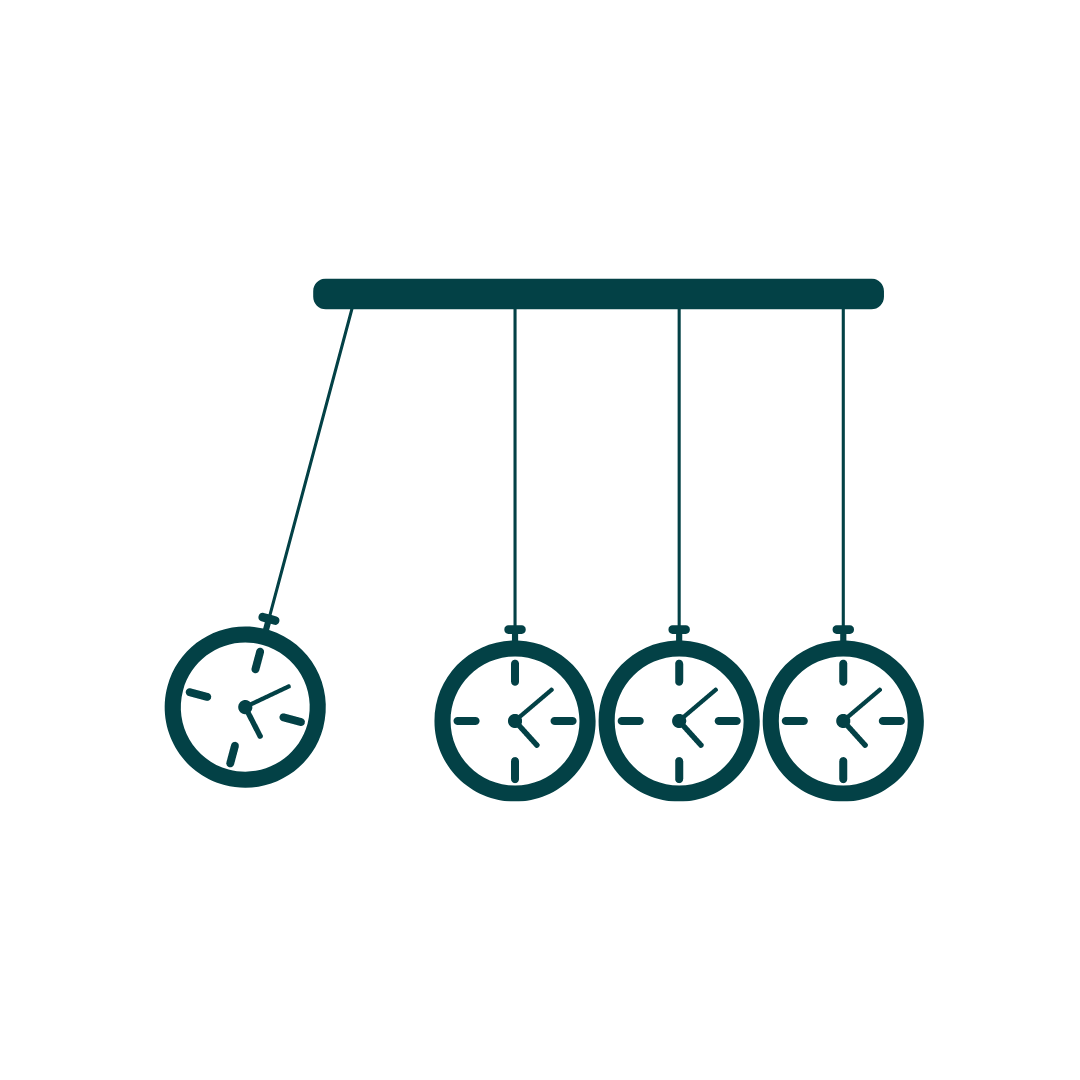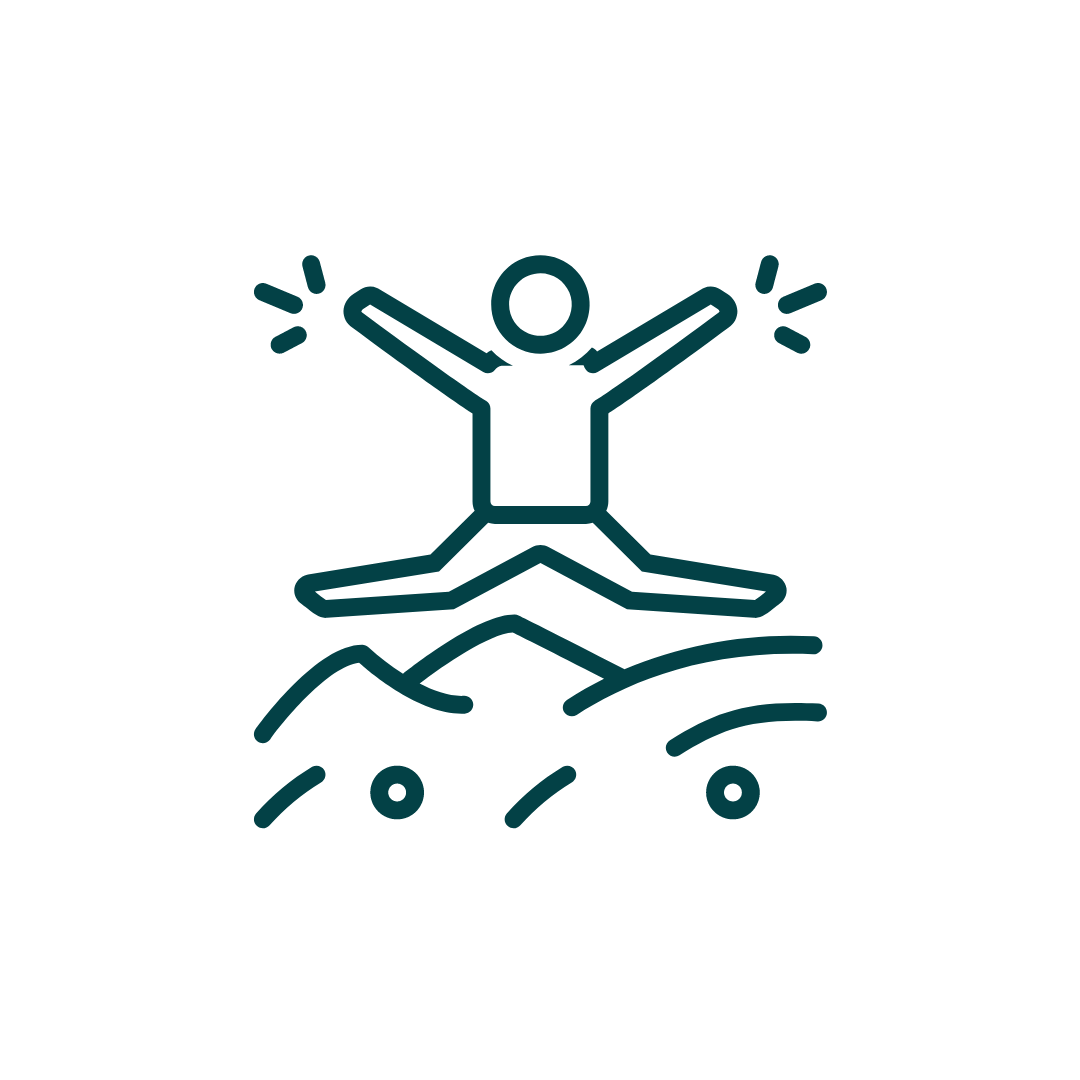Take our Executive Function skills quiz.

For many people (especially those with Executive Function challenges), managing money can be really stressful. If you can relate...
Executive dysfunction is a catch-all term that describes ongoing challenges with our ability to manage ourselves and our responsibilities. These self-management abilities are often referred to as Executive Functions and include skills such as organization, time management, task initiation, emotional regulation, and long-term planning.


Difficulty or inability to sense the passage of time

Difficulty in starting or initiating tasks for a variety of reasons

Challenges in keeping track of personal belongings, maintaining an orderly space, and managing deadlines

Inability to understand and manage reactions to feelings or events

Easily losing focus on a goal or objective

Tendency to become easily annoyed or angered
As an adult, executive functions are absolutely essential to managing day-to-day demands at work and at home alike. From paying bills to meeting work-related deadlines, we rely on these core skills to do just about everything we need. When executive dysfunction becomes a constant, unaddressed problem, the potential for serious consequences in our lives becomes unavoidable.

Executive dysfunction can result in an inability to manage both work and personal life demands.
Executive dysfunction can lead to heightened stress due to a lack of control over life demands.
Underdeveloped executive function skills from your childhood can persist into adulthood and make it more difficult to change old habits.
When the complexity of your demands increase, executive dysfunction can prevent you from meeting expectations.
You might have heard the term "Executive Function Disorder." While there isn’t an official diagnosis called executive dysfunction disorder, substantial challenges with self-management skills can often feel like a disorder.
 Understand how Executive Dysfunction begins
Understand how Executive Dysfunction begins
Executive dysfunction commonly occurs in individuals with ADHD, but any lack of cognitive control in selecting and monitoring behaviors that will help you to reach your goals will also increase executive dysfunction.
 Know the signs of Executive Dysfunction
Know the signs of Executive Dysfunction
At work
At home
In relationships
 Evaluate if you have Executive Dysfunction
Evaluate if you have Executive Dysfunction
Take our Executive Function skills quiz.
 Understand potential causes of Executive Dysfunction
Understand potential causes of Executive Dysfunction
Neurodivergence
ADHD, autism spectrum disorder (ASD), dyslexia, sensory processing disorder (SPD), nonverbal learning disability (NVLD)
Trauma
Head injury (concussion, traumatic brain injury), PTSD, early childhood neglect/deprivation/abuse
Underlying Medical or Mental Health Conditions
Depression, anxiety, dementia, OCD, and many other conditions
 Learn ways to manage Executive Dysfunction
Learn ways to manage Executive Dysfunction
Useful tips
Everyday tools
Leaders in Executive Function coaching for students since 2006

A Beyond BookSmart coaching company for adults

A Beyond BookSmart mentoring company for school classrooms
Whether you're a parent looking to better support your child or are simply looking to improve your own Executive Function skills, this podcast is for you.

For many people (especially those with Executive Function challenges), managing money can be really stressful. If you can relate...
Check out our variety of resources and tips on Executive Function support, ADHD, mental health, and more.
Many people don’t realize how much their environment and their physical health can affect their ability to think, communicate...